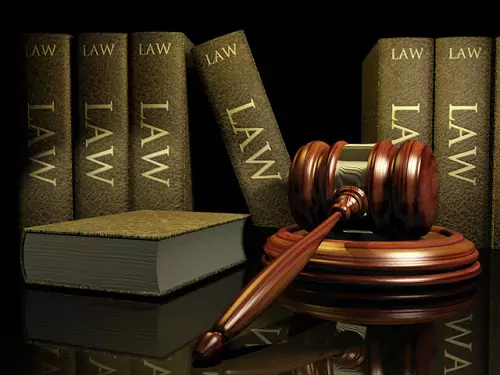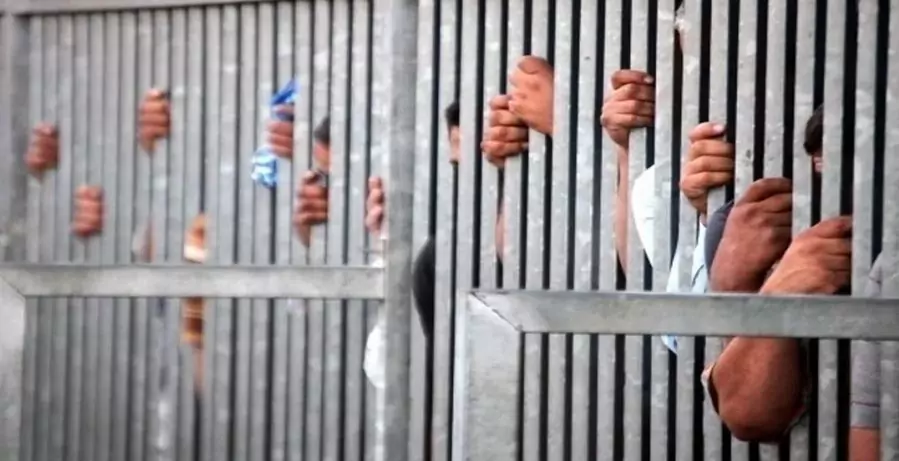Prison Laws
Prisons are a state subject under the Seventh Schedule of the Indian Constitution. Governed by the Prisons Act, 1894 , which is outdated. States have their own prison rules, leading to variations in administration.
Prison Population and Overcrowding
- National Crime Records Bureau (NCRB) Data highlights:
- High overcrowding rates in many prisons.
- Majority of prisoners are undertrials , not convicts.
- Overcrowding impacts living conditions, healthcare, and rehabilitation .
Issues in Prison Administration
- Overcrowding due to slow judicial processes.
- Poor conditions: Lack of hygiene, inadequate healthcare.
- Undertrial prisoners: Many remain in jail due to inability to afford bail.
- Human rights violations: Custodial torture, lack of legal aid.
- Shortage of staff: Lack of trained personnel like correctional officers and medical staff.

Reforms Suggested
- Model Prison Manual, 2016:
- Focuses on reformation and rehabilitation.
- Recommends better healthcare and educational opportunities.
- Law Commission Reports:
- Speeding up trials.
- Reforming bail system.
- Punishments:
- Open prisons.
- Community service instead of short-term imprisonment.
Government and Judicial Interventions
- Supreme Court Judgments on prisoners' rights
- Hussainara Khatoon Case (1979) : Right to speedy trial.
- Sunil Batra Case (1980) : Against solitary confinement.
- DK Basu Case (1997) : Laid down custodial rights.
- E-Courts and Fast Track Courts : To reduce pendency.
- Bail Reforms : Reducing reliance on cash bail.
Way Forward
- Prison modernization : Digital records, better surveillance.
- Community-based correction : Open jails, parole reforms.
- Judicial and police reforms to reduce unnecessary arrests.
- Focus on reintegration : Vocational training, skill development.
- Legislative overhaul : Need for a new Prison Act aligned with human rights principles.












